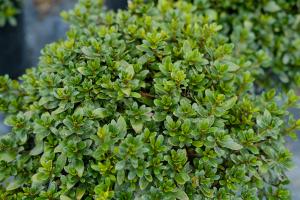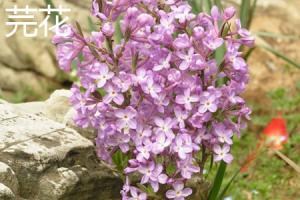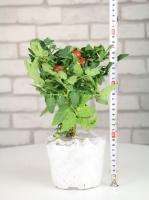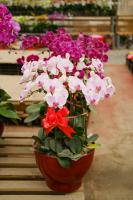Introduction
Epsom salts, also known as magnesium sulfate, have long been touted as a beneficial addition to plant soil. But is it really good for plants? In this article, we'll explore the benefits and drawbacks of using Epsom salts in your gardening and plant care routine.
The Benefits of Epsom Salts
One of the main benefits of Epsom salts is that they provide plants with a source of magnesium, an essential nutrient that plays a key role in photosynthesis and the formation of chlorophyll. This can lead to healthier, greener plants with stronger stems and leaves.
Epsom salts have also been shown to help plants absorb other important nutrients, such as nitrogen and phosphorus. This is because they can improve soil quality and help break down organic matter, making these nutrients more available to plants.
How to Use Epsom Salts
If you're interested in using Epsom salts in your gardening routine, there are a few different approaches you can take. One popular method is to dissolve a tablespoon of Epsom salts in a gallon of water and use this to water your plants once a month. You can also sprinkle a small amount of Epsom salts directly onto the soil around the base of your plants.
It's important not to overdo it when using Epsom salts, however. Too much magnesium can lead to soil toxicity, so it's best to follow recommended application rates and consult with a gardening expert if you're unsure.
Potential Drawbacks of Epsom Salts
While Epsom salts can provide numerous benefits when used properly, there are also some potential drawbacks to keep in mind. One of these is the risk of soil toxicity we mentioned earlier. This can occur if you use too much Epsom salts or if you have already high magnesium levels in your soil.
Another potential drawback is that Epsom salts are not a replacement for proper soil nutrient balance. If your soil is lacking in other nutrients, such as nitrogen or potassium, adding Epsom salts may not solve the problem on its own.
Conclusion
So, is Epsom salts good for plants? The answer is that it can be, but it's important to use it properly and in moderation. As with any gardening supplement, Epsom salts should be viewed as one tool in your arsenal, rather than a magic solution. By using it in combination with proper soil nutrition, regular watering and good plant care practices, you can help your plants thrive and stay healthy.

 how many times do yo...
how many times do yo... how many planted tre...
how many planted tre... how many pine trees ...
how many pine trees ... how many pecan trees...
how many pecan trees... how many plants comp...
how many plants comp... how many plants can ...
how many plants can ... how many plants and ...
how many plants and ... how many pepper plan...
how many pepper plan...
































